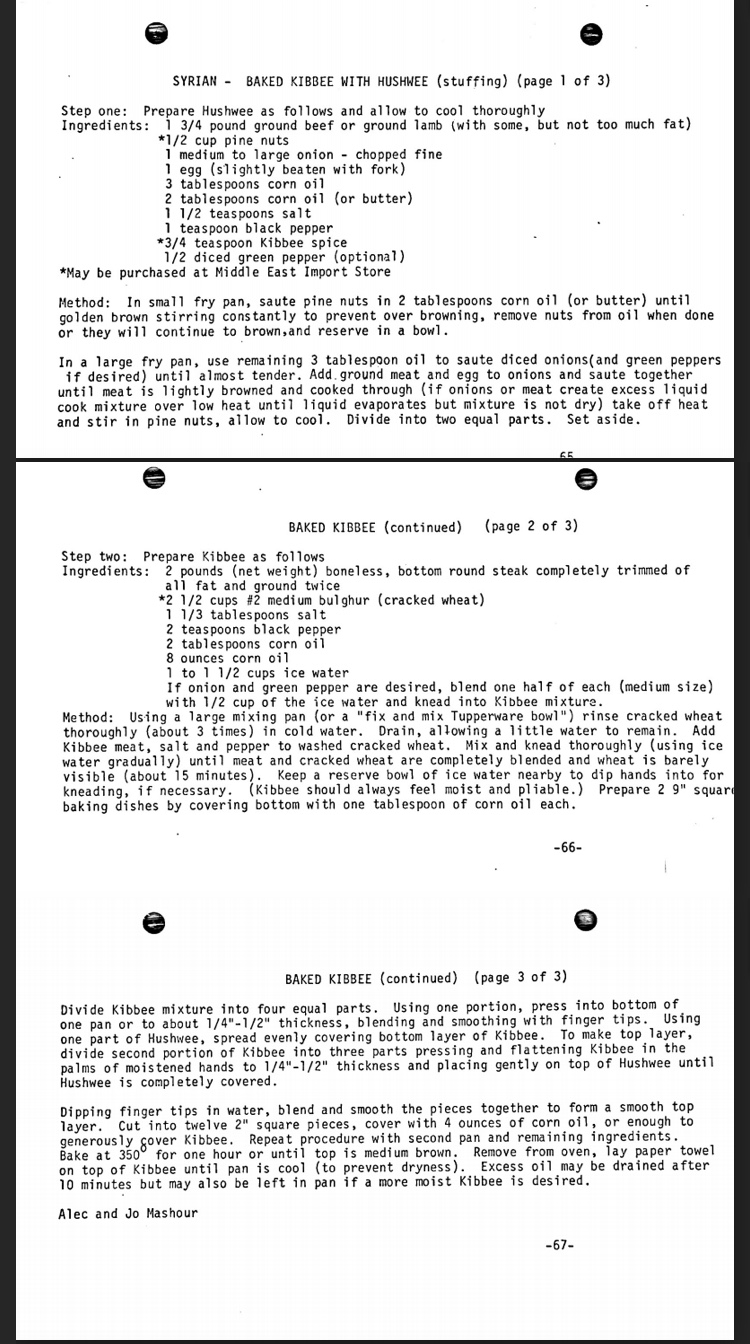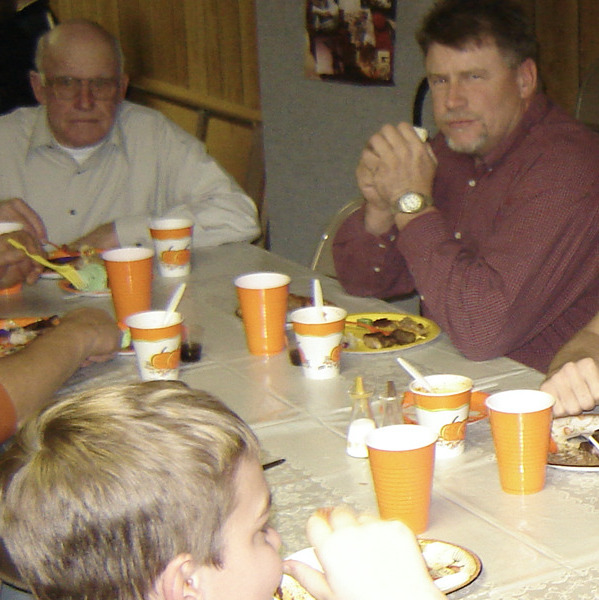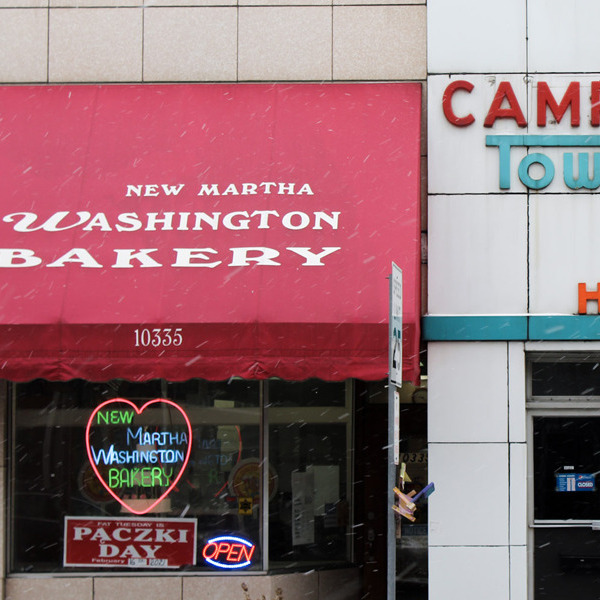I thought I was just jonesing for kibbeh. Looking back, I was craving something that felt familiar and comforting, buried in a cache of memories that offered a momentary reprieve from this exhausting year. That’s why I asked my mother for the family kibbeh recipe. She told me that the recipe, like many of my childhood favorites, had come from a larger family: the congregation of Detroit’s Christ Church.
So, I reached out to the church. Within weeks, I had a digitized copy of a community cookbook in my inbox. There were the dishes that I remembered from family get-togethers: stuffed and fried kibbeh, stuffed grape leaves, cabbage rolls, hummus, baba ghanoush, pita. Maybe that isn’t the typical spread at Episcopal gatherings in Michigan, but it was typical for us, reflecting our church’s ties to Syria.
Consider the impact and symbolic heft of that partnership: An Episcopal parish joined forces with a Jewish congregation to welcome a Muslim refugee family to Michigan.
That relationship has felt particularly important in recent years. After 9/11, many Americans felt wary of immigrants from the Middle East. Then, in December 2015, then-candidate Donald Trump called for a “total and complete” ban on Muslims entering the U.S. As president, Trump followed up on that promise by signing an order restricting entry from countries in Africa and the Middle East, including Syria.
A series of legal challenges pared those restrictions back, but the remnants of the executive order blocked many refugees from entering the country. Churches stepped up, along with other groups, to let immigrants know that they were still welcome here. In 2016, Christ Church co-sponsored a family of Syrian Muslim refugees in partnership with the Jewish Reconstructionist Congregation of Detroit. Parishioners raised money to cover the family’s needs and find them a home. Consider the impact and symbolic heft of that partnership: An Episcopal parish joined forces with a Jewish congregation to welcome a Muslim refugee family to Michigan.
It was more than a reaction to the times. Looking for ways to better serve the community, church leaders first connected with local Syrian Orthodox immigrants—who had no place to worship in their new country—in the mid-1880s. Those immigrants learned the basics of American life at the congregation’s Christ Church House. In 1914, the church baptized its first Syrian-Americans.
In vintage church cookbooks, you’ll see dishes like kibbeh and mamool alongside midcentury recipes founded on gelatin, mayonnaise, and cream-of soups. At a divided time in this country, aggravated by an escalating pandemic, seeing those recipes side-by-side can feel jarring, shaking loose a sense of hope. The cookbook in my inbox is an artifact and an important reminder: There are decent people doing fundamentally decent things out there. For a taste of our tradition, try this nostalgic kibbeh recipe from “Creation Continues.”





